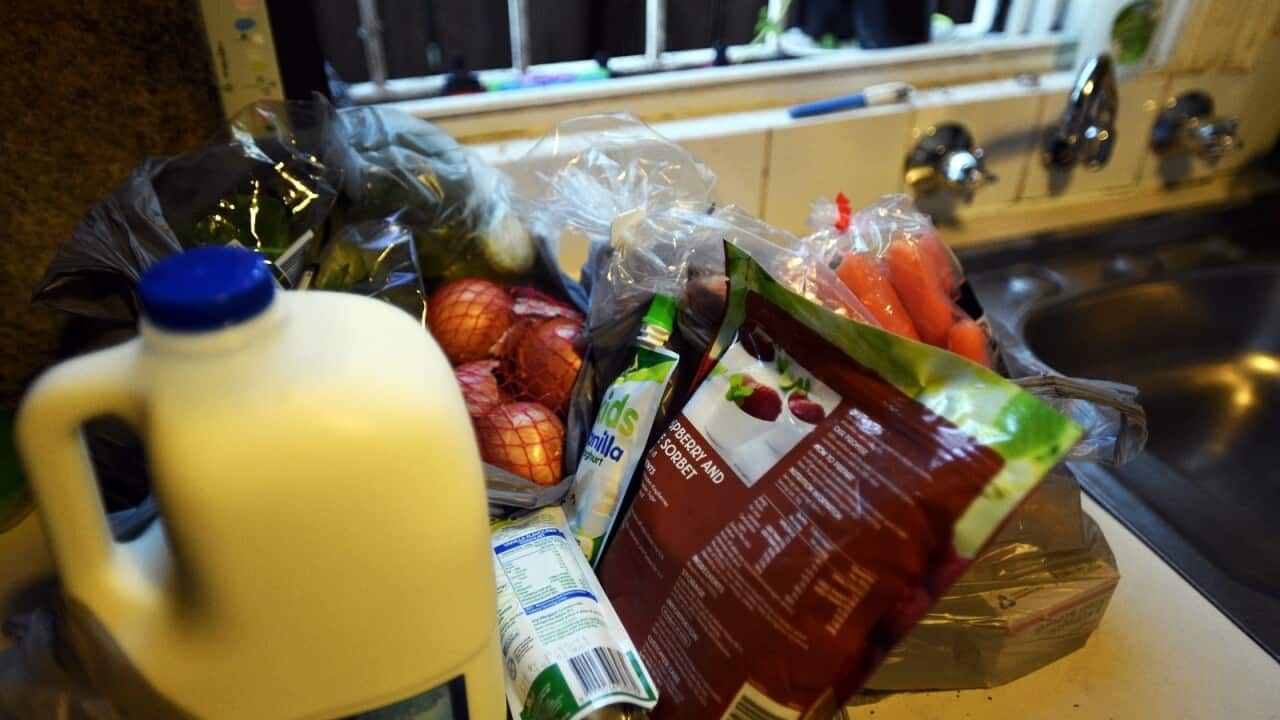TRANSCRIPT
You've probably noticed during your weekly shop that the volume of some items you buy such as milk, bread, chips, pasta is getting smaller.
But their price is often staying the same or might even be getting more expensive.
Today, the prime minister announced he will make tougher legislation that governs unit pricing in Australia with the aim to help Australian consumers with their household budgets.
"One of the things that we've announced and that we will introduce legislation for this year is to make the food and grocery code mandatory. It was voluntary, it was all up to the good will essentially of big supermarkets but we're going to mandate it and that will mean there are multi million dollar penalties for serious breaches. So, shrinkflation is when a product that was 500g no longer becomes 400g but the same price. And people have noticed that happening, companies making their products smaller and their prices bigger and so.. it rips Australians off.. new product packaging shouldn’t mean customers are paying more for less."
Last week's ACCC report into supermarket behaviour found 'shrinkflation' is becoming more common.
To tackle this - the government is looking to strengthen rules around how units are priced - allowing customers to compare the cost of goods by weight or volume and introduce mutli-million-dollar penalties for serious breaches.
On the other side of politics, Peter Dutton used economic reasoning to support the government's announcement.
"There is a free market that operates in our country and we're very supportive of it but ultimately the free market needs to operate in the interest of consumers and we need competition and we need fair competition and businesses need to be transparent in their pricing and in their pricing and in the product that they are offering to the market. And the laws are very clear in this country, if you try and deceive consumers, if you try and mislead, if you try and operate in a cartel arrangement, the penalties are very significant. I think companies need to be very careful if those are the steps they're taking."
Chief Executive of the Consumers' Federation of Australia, Gareth Downing says while the Unit Pricing Code has been in place for a while, it doesn’t have the strength to truly protect consumers.
"This area has been subject to some regulation since 2009, so the unit pricing code has been in place since 2009. Despite that the requirements of the code are primarily principles based regulation, so it requires you to present information in a legible format. Unfortunately we have seen information presented that is not consistent, is not easy to read and is not easy to navigate. These changes will hopefully correct those issues but they will also bring in penalties for failing to present that information in a really clear way that is visible and easy to use for consumers."
The measures come after the ACCC was given 30 million dollars to investigate supermarket malpractice, hearing how business pricing strategies were impacting on product prices.
It heard, Australia was home to misleading pricing information, where products were advertised as discounted, after the original price was raised.
It also found big supermarkets were utilising an anti competitive practice known as land banking - the purchase of holding sites to shut out potential competitors.
The legislation is expected to be introduced this year.













